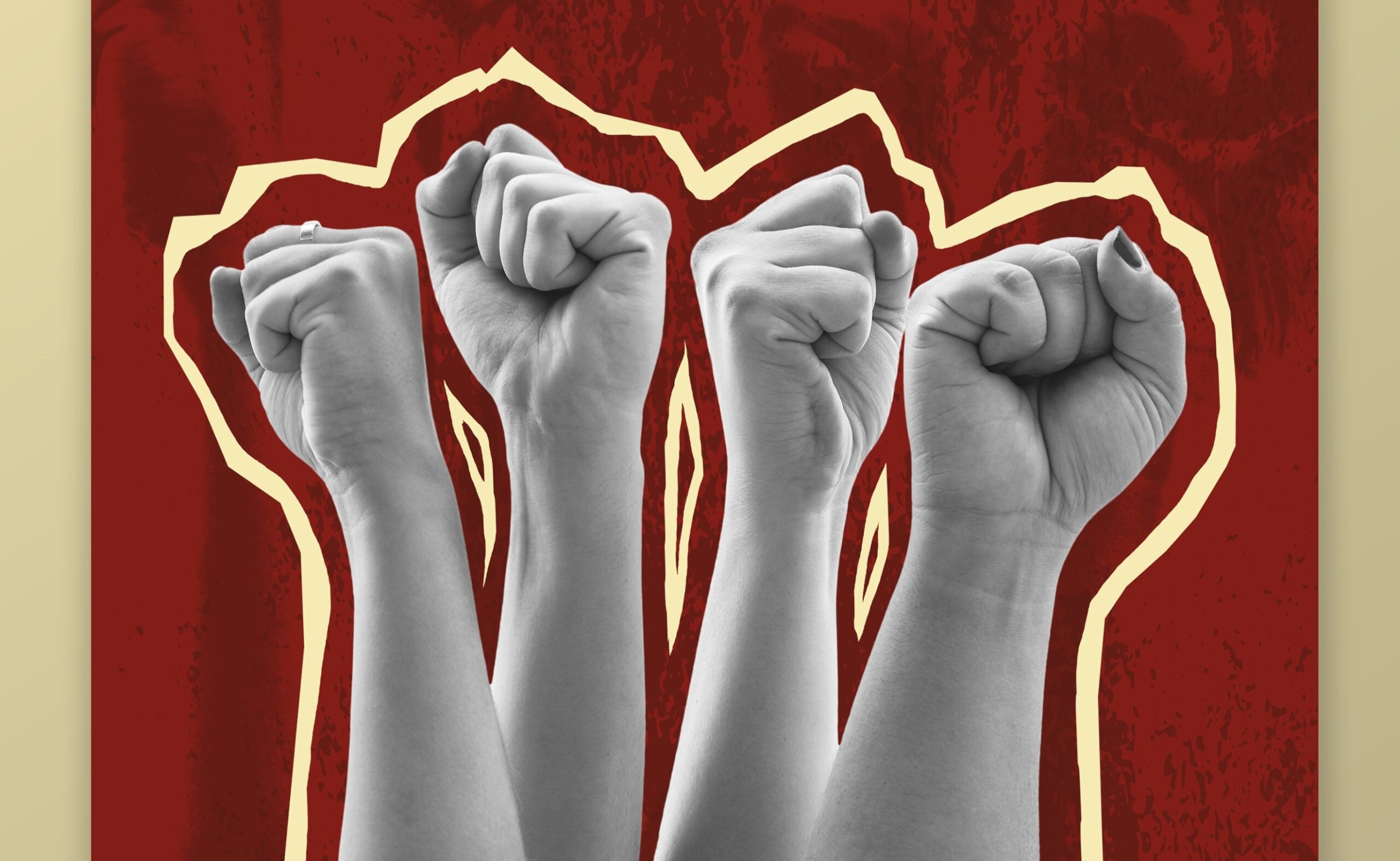Stony Brook University, renowned for its diverse student body and vigorous intellectual environment, finds itself embroiled in controversy as student protestors involved in a pro-Palestine demonstration demand the dismissal of charges and a thorough investigation into the police response. The protest, which took place earlier this month, saw tensions rise as students voiced their solidarity with Palestine amidst the escalating conflict in the region.
The demonstration, organized by passionate student activists, aimed to raise awareness about the ongoing humanitarian crisis in Palestine. However, what started as a peaceful assembly swiftly escalated into a confrontation with fellow students not involved in the protests and law enforcement, resulting in the arrest of several protestors and allegations of excessive use of force by police officers.
In response to the unfolding events, the Stony Brook University Senate has issued a formal request calling for all charges against the arrested students to be dropped. Additionally, the Senate is urging for a comprehensive investigation into the conduct of the police officers involved, to ensure that the response was handled appropriately and in accordance with university policies and principles of free speech.
Maurie McInnis, President of Stony Brook University, emphasized the importance of upholding the rights of all students stating, “This is a university that needs to serve all of its students and the speech of one group does not have the right to cancel the speech of another group”. Additionally, she affirmed in a statement to the University Senate that “we did not want to arrest anyone”. McInnis believes that the University did the best they could in difficult circumstances and in their attempts to diffuse the situation.
The call for dropping charges and launching a probe into the police response has garnered support from some faculty members, student organizations, and civil rights advocates. While on the other side, law enforcement and those who support them believe the claims that they were “heavy handed” are false and that these allegations lack honesty of what occurred while officers risked their own safety to restore law and order at the Stony Brook University campus. This puts into question what accountability looks like for actions taken on this local campus as well as campuses nationwide that have been held hostage by these demonstrations.
Amidst growing pressure, the university senate has pledged to review the circumstances surrounding the protest and subsequent police response. They passed resolutions to drop all charges against those arrested on March 26 and May 2 and to grant amnesty to them, as well as form an independent committee established by the governing body to investigate ERM and to develop a way for the University Senate to oversee ERM’s activities. They even tabled a resolution to have the University Senate hold a no-confidence vote on McInnis’ capacity to lead the University as President.
As the investigation unfolds, the Stony Brook University community remains divided, with some voicing support for the protestors and others emphasizing the importance of maintaining law and order on campus. However, one sentiment remains unanimous – the need for transparency, accountability, and a reaffirmation of the university’s values in the face of adversity which include equality of access, civility, caring, responsibility, accountability, and respect.







